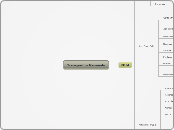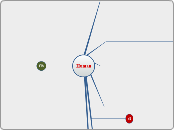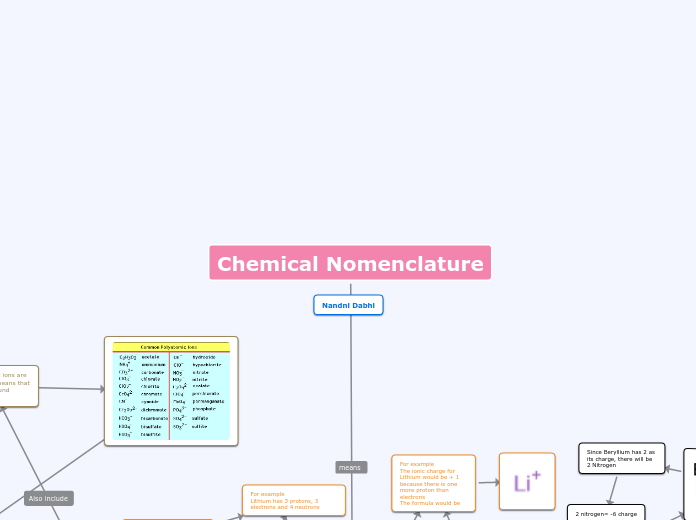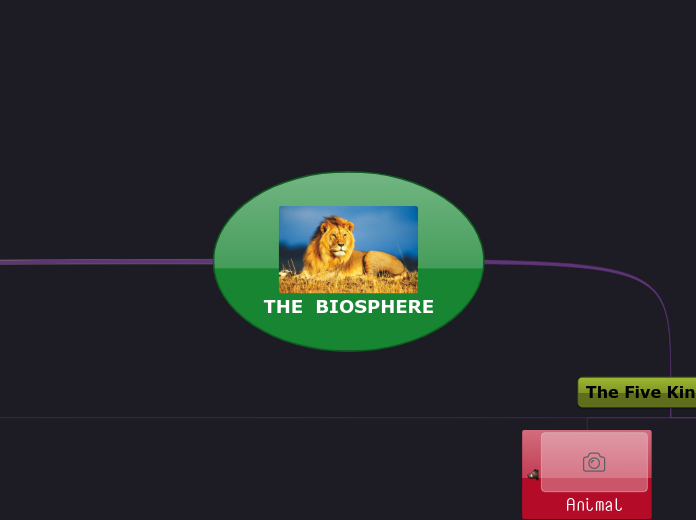Transport in Mammals
Blood
Platelets / Thrombocytes
Involve in clotting of blood
4. Fibrin threads entangle blood cells and the whole mass forms a clot
3. Soluble protein fibrinogen is then converted and catalysed by thrombin to form insoluble fibrin threads
2. Prothrombin, an inactive enzyme is then activated by thrombokinase and calcium ions to form thrombin
1. Damaged tissues and platelets produce thrombokinase, an active enzyme
Membrane-bound fragments of cytoplasm from certain bone marrow cells
Not true cells
White Blood Cells
Types
Phagocytes
Ingest foreign particles such as bacteria
a.k.a. Phagocytosis
Granular cytoplasm
Each has a lobed nucleus
Lymphocytes
Produce antibodies which protect that body from diseases
Small amount of non-granular cytoplasm
Each has a large rounded nucleus
Mobile
Contain nuclei
Irregular in shape
Absence of haemoglobin
Colourless
Red Blood Cells
Destroyed in the spleen
Releasing haemoglobin
Broken down in the liver
Forming bile pigments
Releasing iron which is then stored in the liver
Lifespan of 3 - 4 months
Produced by the bone marrow
Absence of nuclei
Flattened
Biconcave in shape
Increase surface area to volume ratio
Thus to allow the cells to absorb and release oxygen at a faster rate
Iron-containing protein
Contain the pigment haemoglobin
Enable them to transport oxygen from the lungs to all cells in the body
Combine reversibly with oxygen
Plasma
Hormones
Insulin
Excretory products
Carbon dioxide as hydrogencarbonate ions
Uric acid
Urea
Food substances
Fats
Vitamins
Amino acids
Glucose
Dissolved mineral salts
Soluble proteins
Antibodies
Help fight diseases
Prothrombin
Fibrinogen









